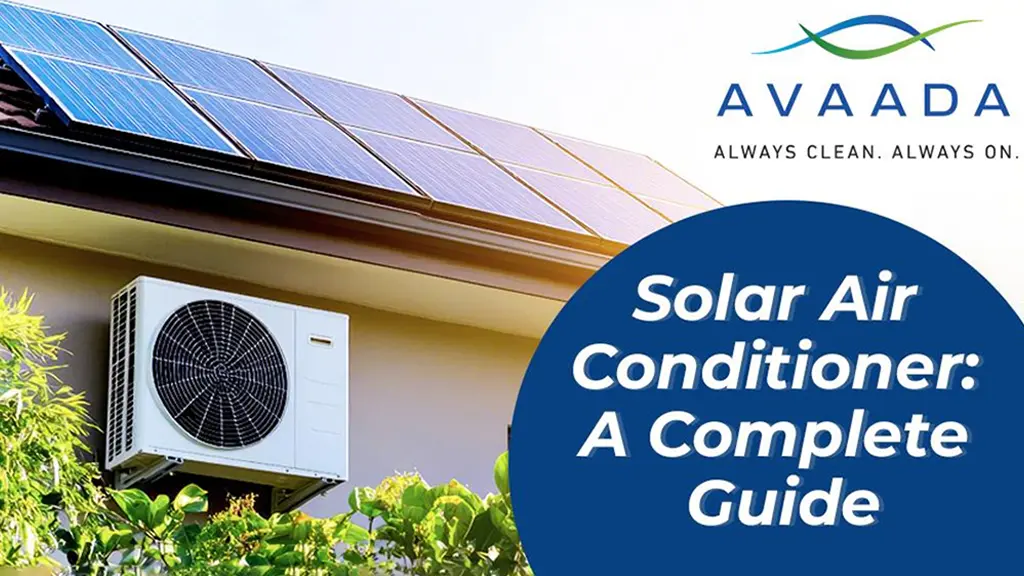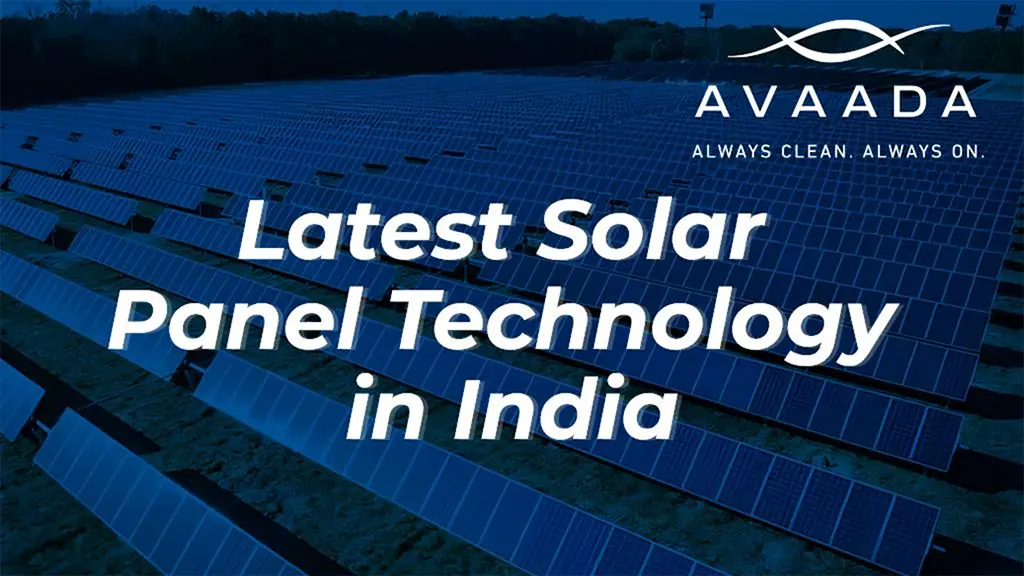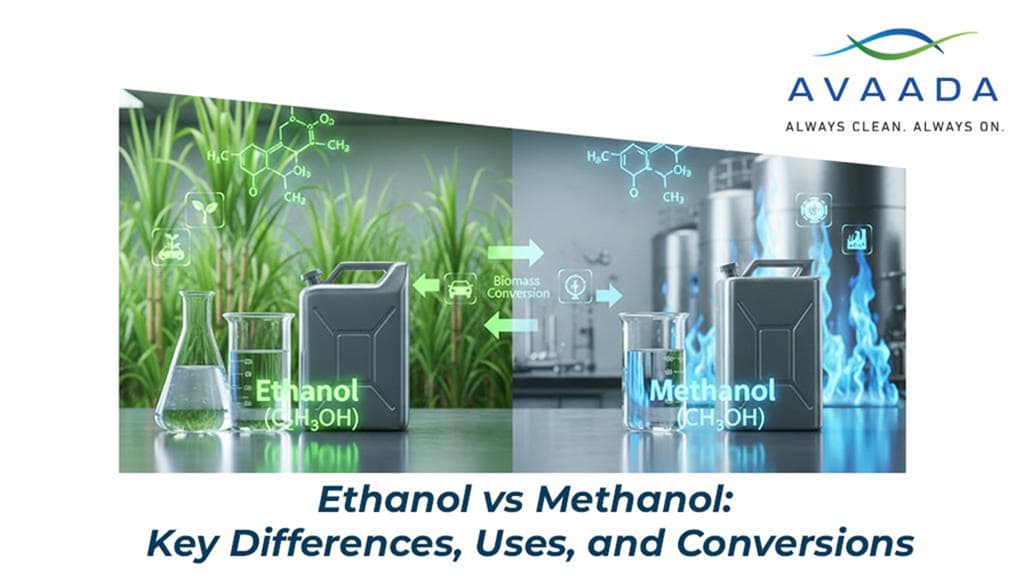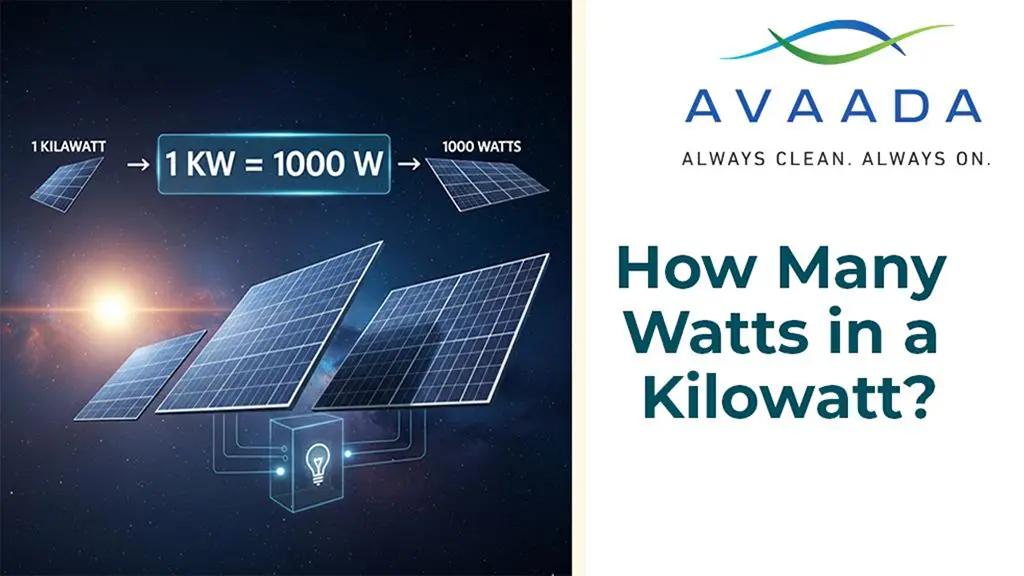The global energy sector is undergoing a profound transformation. The urgent need to combat climate change, reduce carbon emissions, and enhance energy security is pushing companies and governments toward new trends in renewable energy technologies that provide clean, reliable, and cost-effective power. Solar energy and wind energy remain central to this transition, while storage solutions like PSPs and battery energy storage systems (BESS) ensure consistent, dispatchable, and cost-effective renewable power.
The Urgency of Renewable Energy Adoption
Climate and Environmental Challenges
Rising concerns over climate change, linked to the use of fossil fuels, have led to efforts to lower greenhouse gas emissions and promote environmental protection. The transition to renewables contributes to ecological goals and enhances energy security. Avaada’s renewable portfolio, including solar, wind, and PSPs, is part of these efforts, supplying low-carbon and reliable power based on its current operational assets.
Energy Security and Cost Management
Traditional energy sources, such as coal, oil, and gas, face cost and supply variability. By utilizing solar energy, wind energy, and storage solutions currently in operation, utilities and industries can reduce their dependence on fossil fuels and achieve more predictable electricity costs. Avaada’s PSPs provide renewable energy with long asset lifespans, supporting grid reliability and cost stability as per publicly available information.
Key Drivers of Renewable Energy Adoption
Technological Innovation
Recent renewable energy technologies contribute to changes in power generation, storage, and distribution. Solar panels and wind turbines are becoming more efficient and cost-effective, according to public industry reports. Storage solutions, such as BESS and PSPs, manage the fluctuations inherent in solar and wind generation. Avaada’s PSPs, as disclosed, provide grid services including frequency regulation, peak load management, and black-start capability.
Must Read:- What is BESS, and how does it work?
Key Features of Avaada’s Pumped Storage Projects
Feature | Benefit |
Round-the-clock renewable power | Addresses the intermittency of solar and wind energy |
Asset lifespan | Ensures long-term reliability with minimal degradation |
Grid services | Frequency regulation, peak load management, black-start capability |
Sustainability | Fully aligned with renewable energy goals, low carbon footprint |
Social impact | Job creation, skill development, and local infrastructure growth |
Economic Viability and Cost Reduction
Industry data indicate renewable energy market trends are becoming economically feasible as technology costs decline and operational efficiencies improve. Avaada’s PSPs work in conjunction with solar and wind installations to store energy during low-demand periods for use during high-demand periods, thereby decreasing reliance on peaking plants. This integrated approach, as per public disclosures, supports cost efficiency and project optimisation.
Sustainability and Corporate Benefits
Storage solutions enhance Environmental, Social, and Governance (ESG) outcomes by increasing renewable energy usage in operations and facilitating sustainability reporting in accordance with compliance standards. Avaada’s projects operate in accordance with regulatory requirements to deliver environmental, social, and economic benefits.
Policy Support and Global Investment
Supportive policies, incentives, and international investment are critical drivers of renewable adoption. Governments are supporting renewable deployment through subsidies, tax credits, and long-term PPAs. Investors prefer projects with proven reliability and strong ESG alignment. Our PSP projects, currently under development across multiple Indian states, attract both global and domestic capital, helping to meet renewable energy targets while ensuring a continuous and reliable supply of clean energy.
Integration with Solar and Wind Energy
One of the most prominent future trends in renewable energy is the seamless integration of storage with primary generation sources. Solar and wind output fluctuate throughout hours and seasons, and storage solutions like PSPs and BESS convert this variable energy into firm, dispatchable power. Avaada’s PSPs are specifically designed to complement large-scale solar and wind farms, ensuring consistent renewable power, minimising curtailment, and enhancing grid stability.
Social and Community Benefits
Beyond environmental and economic gains, our projects have significant social impacts. PSP development in underdeveloped regions drives local employment, skill development, and infrastructure improvements. Communities benefit from better access to clean power, while industries enjoy predictable energy costs and stronger ESG performance. This integrated approach demonstrates how the adoption of renewable energy can support sustainable development while creating economic value.
Future Outlook of Renewable Energy
The industry outlook suggests a greater adoption of decentralised and integrated systems. Community solar projects, hybrid installations, and digital management platforms are expanding. Avaada’s ongoing projects illustrate currently operational examples of renewable infrastructure that is reliable and environmentally responsible.
Countries are pursuing renewable capacity increases, including India’s target of 30 GWp dispatchable renewable energy, where storage-enabled projects such as PSPs play a role in ensuring round-the-clock renewable supply. These future trends in renewable energy are reflected in the present focus on sustainability, technology, and cost-effectiveness.
Conclusion
By utilising renewable generation alongside long-duration storage, Avaada supports continuous low-carbon power, ESG goals, and social responsiveness. Future trends in renewable energy aim to establish clean, reliable infrastructure that meets current operational standards and disclosures.









